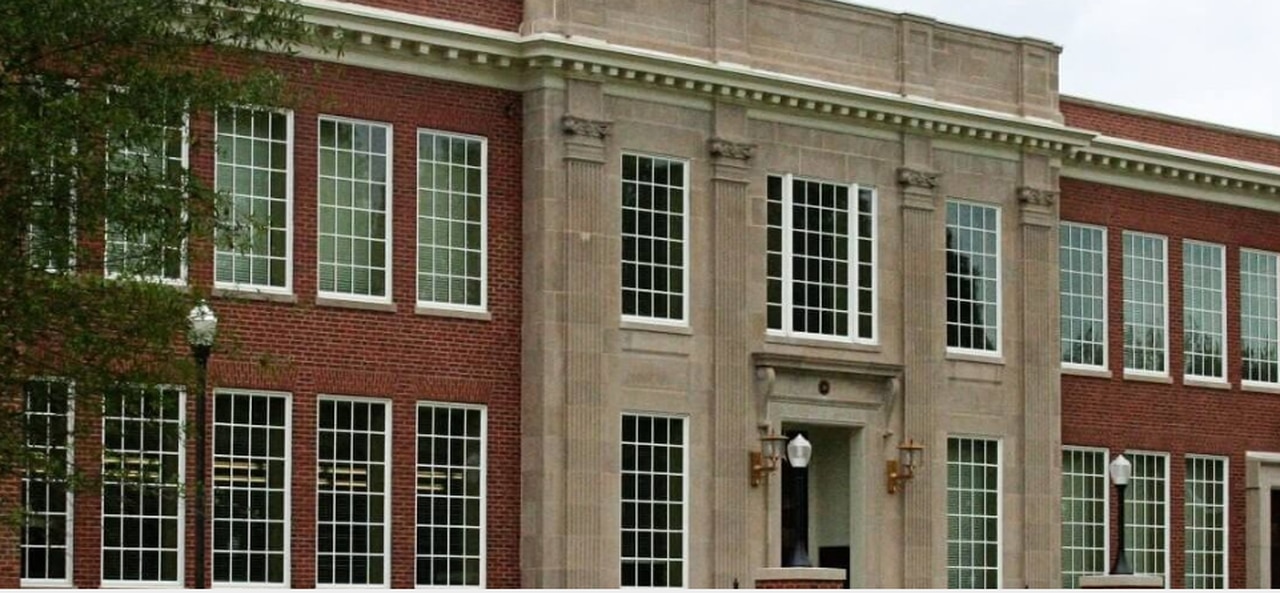Alabama community college presidentâs staff prayers âpushing religion,â group says
A Wisconsin-based non-profit is calling on the president of an Alabama community college to “immediately cease holding prayer at staff events or meals” and including religious messages in official communications to staff members.
The Freedom From Religion Foundation (FFRF), in a Sept. 8 letter to Snead State Community College President Joe Whitmore, said it was contacting him after complaints from a staff member. According to the FFRF, the employee said staffers have been required to participate in Christian prayer before meals and staff events, and that Whitmore presents a “guiding Bible verse” each year in official communications.
The prayer and verse made the employee feel “uncomfortable and offended.” The letter calls on the school to immediately end holding prayer for staff members, or “pushing religion.”
“A concerned Snead State Community College employee has reported that you have been imposing your personal religious beliefs onto Snead State employees and treating Snead State as a Christian college rather than the secular public college it is,” the letter from Staff Attorney Christopher Line reads. “They feel that they are being forced to bow their head and participate because not doing so would require them to expose their personal beliefs and potentially be subject to retribution.”
Attempts to reach the school for comment were not immediately successful. Whitmore has been the school president since 2020.
Snead State, located in Boaz in northeast Alabama, has an enrollment of about 1,500 undergraduates. The school’s sports teams are known as the Parsons, which the school defines on its website as “a holy person who teaches independently of a larger organization, like Paul from The Bible.” Snead State was originally a seminary.
According to the FFRF, prayer violates the establishment clause of the First Amendment, which calls for government neutrality between religions, and toward the religiously unaffiliated.
The Foundation has been involved in several cases in Alabama, such as a lawsuit it later dropped against the state over a “so help me God” oath without any secular option on its voter registration form.
